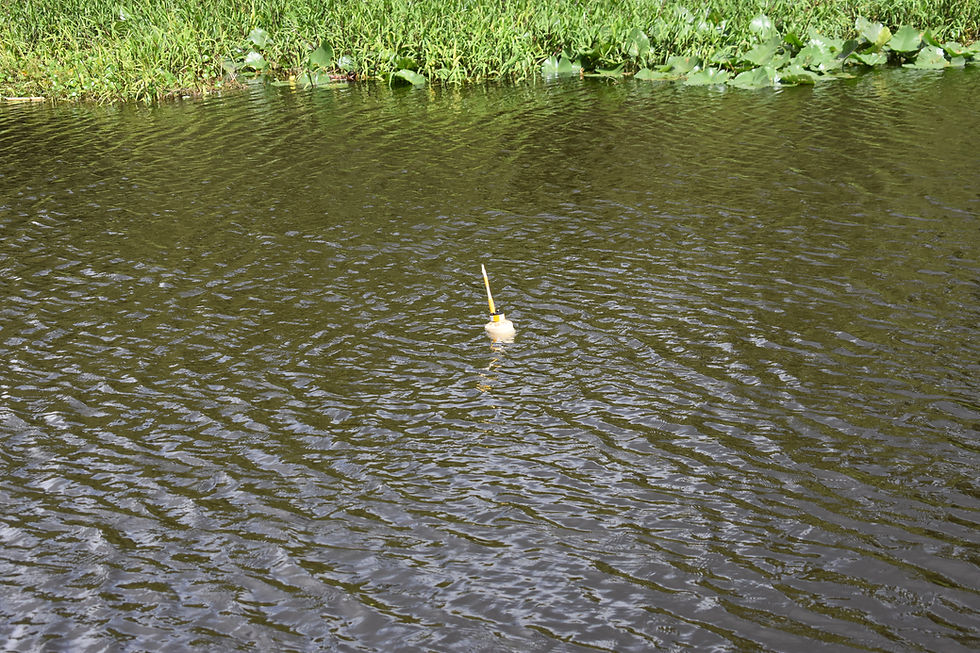Mental Health Resources for Floridians Impacted by Hurricane Milton
- Eleana
- Oct 21, 2024
- 3 min read
As Florida continues to recover from the devastating effects of Hurricane Milton, it's important to recognize that the emotional toll can be just as significant as the physical damage. Natural disasters often leave behind feelings of anxiety, stress, and trauma for those affected.
Fortunately, there are several mental health resources available across the state to help individuals and families cope during these challenging times.

Understanding the Impact of Natural Disasters on Mental Health
Hurricanes like Milton can disrupt lives in unexpected ways, leaving people with a sense of uncertainty about the future. It's common for survivors and those impacted to experience:
Stress and Anxiety: The overwhelming nature of recovery, from loss and damage to homes to financial concerns, can cause lingering stress.
Post-Traumatic Stress Disorder (PTSD): Some may relive traumatic moments, like the hurricane’s landfall or evacuation.
Depression: Feelings of sadness, isolation, and loss of hope can emerge in the aftermath of a disaster.
Survivor’s Guilt: People who were less affected may feel guilt over their relative safety when others lost so much.
Acknowledging these emotions is a crucial step toward healing. Florida offers several mental health services that can provide support and relief.
Key Mental Health Resources for Floridians
Disaster Distress Helpline
The Disaster Distress Helpline provides immediate crisis counseling to people affected by natural disasters. This free, confidential service is available 24/7, offering both emotional support and practical guidance.
Call: 1-800-985-5990
Text: "TalkWithUs" to 66746
Florida 211
The 211 helpline offers a wide range of services, including mental health counseling, housing assistance, and disaster recovery resources. You can call to speak with a trained specialist who can connect you to local support services.
Call: Dial 211
Website: www.211.org
Florida Behavioral Health Association (FBHA)
FBHA provides mental health and substance abuse services to those in need, offering both in-person and telehealth options. They can connect individuals with licensed therapists, support groups, and more.
Website: floridabha.org
Project Hope
Project Hope is a FEMA-funded crisis counseling program that helps people affected by disasters like Hurricane Milton. Services include short-term counseling, emotional support, and referrals to longer-term care.
Contact through local disaster relief organizations
Website: https://www.projecthope.org/
Florida Department of Children and Families (DCF)
The DCF provides a variety of mental health services, including access to trauma-focused therapy and assistance with recovery. Their programs are designed to support individuals of all ages who are struggling in the wake of disaster.
Website: myflfamilies.com

Helping Children Cope
Children are particularly vulnerable to the emotional impacts of hurricanes. They may have difficulty understanding what’s happening and may feel scared or overwhelmed. Parents and guardians can seek support through the following resources:

The National Child Traumatic Stress Network (NCTSN) provides age-appropriate materials to help children process their emotions after a disaster. (https://www.nctsn.org/)
School counselors can offer additional support for children who need a safe space to express their feelings.
Tips for Coping After the Storm
In addition to seeking professional help, there are several self-care strategies you can adopt to manage stress:

Stay connected: Reach out to family, friends, or neighbors to build a support system. Talking to others can ease feelings of isolation.
Take breaks: Recovery can be hard work and very overwhelming. Give yourself permission to take short breaks from cleanup and restoration efforts.
Focus on routine: Returning to a regular routine, even in small ways, can help provide a sense of normalcy.
Limit media exposure: Constant news updates can heighten anxiety. Stay informed, but take breaks from news and social media when needed.
Seek help early: If you or a loved one are struggling to cope, don’t hesitate to reach out to a mental health professional or one of the resources listed above.
Moving Forward Together
Recovering from the emotional and psychological effects of Hurricane Milton will take time, but you don’t have to go through it alone. Whether you’re seeking crisis counseling or long-term support, there are resources available to help you navigate this difficult period. The City of DeBary stands with our community, committed to rebuilding not just homes and infrastructure but also our collective sense of well-being.

If you or someone you know is in need of mental health support, please take advantage of the available resources. Healing is a journey, and support is just a phone call away.
Stay strong, DeBary. Together, we’ll get through this.
For more information on local resources and updates, visit https://debary.org/pi/page/hurricane-milton.




Comments